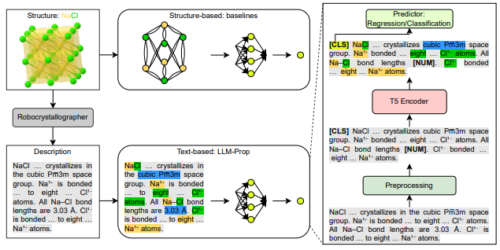2024-01-26 マサチューセッツ工科大学(MIT)
◆この調査は、GaiaとAPOGEEのデータを分析して得られたもので、外側の星が期待よりも遅くなる要因として、新しい暗黒物質の分布を示唆しています。研究者たちは、これが他の測定と矛盾する可能性があり、銀河の均衡状態の再評価や、外側のギャラクシーディスクの向こうに隠れた質量が存在する可能性があると述べています。
<関連情報>
- https://news.mit.edu/2024/study-stars-travel-more-slowly-milky-ways-edge-0126
- https://academic.oup.com/mnras/article/528/1/693/7513209
天の川の周回速度曲線から推測される暗黒物質の分布 The dark matter profile of the Milky Way inferred from its circular velocity curve
Xiaowei Ou, Anna-Christina Eilers, Lina Necib, Anna Frebel
Monthly Notices of the Royal Astronomical Society Published:08 January 2024
DOI:https://doi.org/10.1093/mnras/stae034

ABSTRACT
In this paper, we construct the circular velocity curve of the Milky Way out to ∼30 kpc, providing an updated model of the dark matter density profile. We derive precise parallaxes for 120 309 stars with a data-driven model, using APOGEE DR17 spectra combined with GaiaDR3, 2MASS, and WISE photometry. At outer galactic radii up to 30 kpc, we find a significantly faster decline in the circular velocity curve compared to the inner parts. This decline is better fit with a cored Einasto profile with a slope parameter 0.91+0.04−0.05 than a generalized Navarro–Frenk–White (NFW) profile. The virial mass of the best-fitting dark matter halo profile is only 1.81+0.06−0.05×1011 M⊙, significantly lower than what a generalized NFW profile delivers. We present a study of the potential systematics, affecting mainly large radii. Such a low mass for the Galaxy is driven by the functional forms tested, given that it probes beyond our measurements. It is found to be in tension with mass measurements from globular clusters, dwarf satellites, and streams. Our best-fitting profile also lowers the expected dark matter annihilation signal flux from the galactic centre by more than an order of magnitude, compared to an NFW profile-fit. In future work, we will explore profiles with more flexible functional forms to more fully leverage the circular velocity curve and observationally constrain the properties of the Milky Way’s dark matter halo.


